Jonathan Rozen
Jonathan Rozen is a Program Coordinator with CPJ’s Africa team. He is also a Technology and Human Rights fellow at the Harvard Kennedy School and serves as a Senior External Advisor with the International Justice Clinic at the University of California, Irvine School of Law. Previously, he worked in South Africa with the Institute for Security Studies and wrote for the Germany-based adelphi consulting group on links between climate action and conflict prevention. Rozen was a U.N. correspondent for IPS News and has written for Al Jazeera English and Daily Maverick, among other outlets. Follow him on LinkedIn.
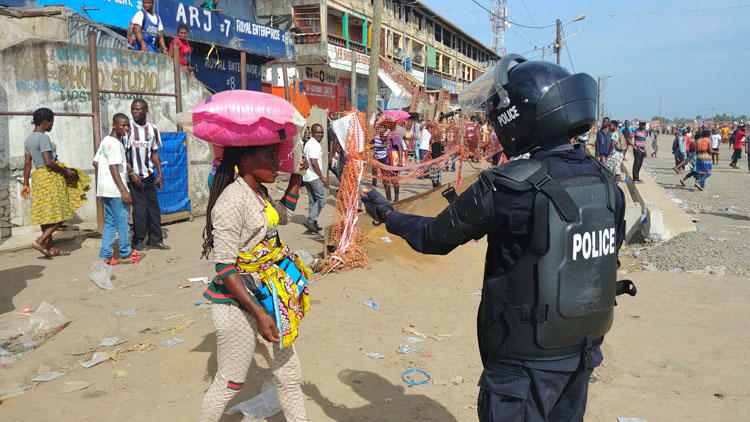
Liberia’s journalists wary as authorities announce new press passes, threaten shutdowns
When the coronavirus arrived in Liberia, local journalists knew what it meant to report on a deadly, infectious disease; six years earlier they had donned personal protective equipment (PPE) to report on the Ebola crisis, Musa Kenneh, the Press Union of Liberia’s secretary general, told CPJ. But this time, Kenneh said, threatening comments from government…
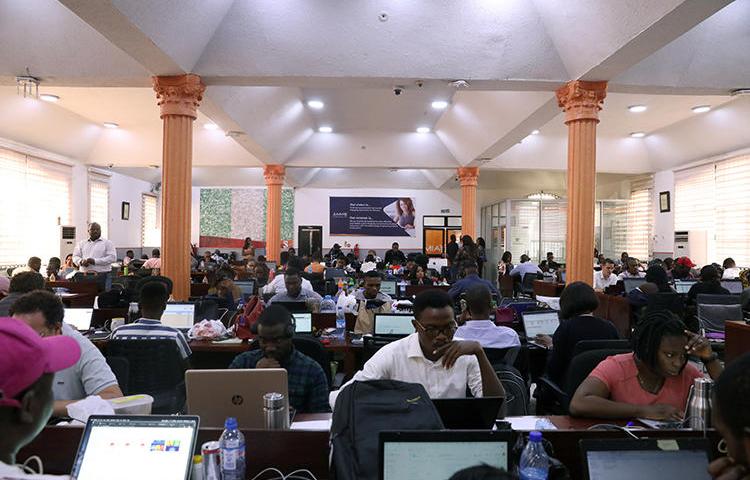
‘An attempt to gag the media’: Journalists on Nigeria’s proposed social media bill
At a public hearing on Nigeria’s social media bill held in Abuja last month, the voice of Chris Isiguzo, president of the Nigerian Union of Journalists (NUJ), rang clearly across the room: “This bill…seeks to pigeonhole Nigerians from freely expressing themselves.” The NUJ is “totally opposed” to it, he said.
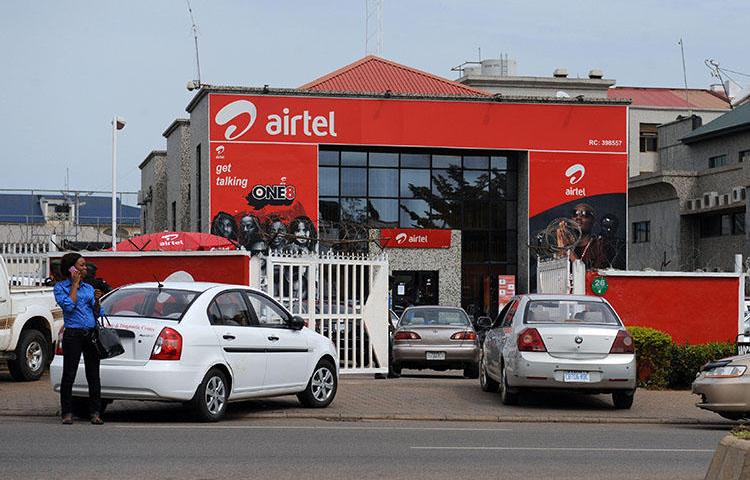
Nigeria’s communications regulator sued over warrantless access to ‘call data’
Laws and Rights Awareness Initiative, a Nigerian nongovernmental organization, filed a lawsuit on February 25 against the Nigerian Communications Commission (NCC) over regulations granting warrantless access to telecom subscribers’ information, including “call data.” The suit claims that accessing the information “violates and will likely further violate” Nigerians’ constitutional right to privacy, according to a copy…
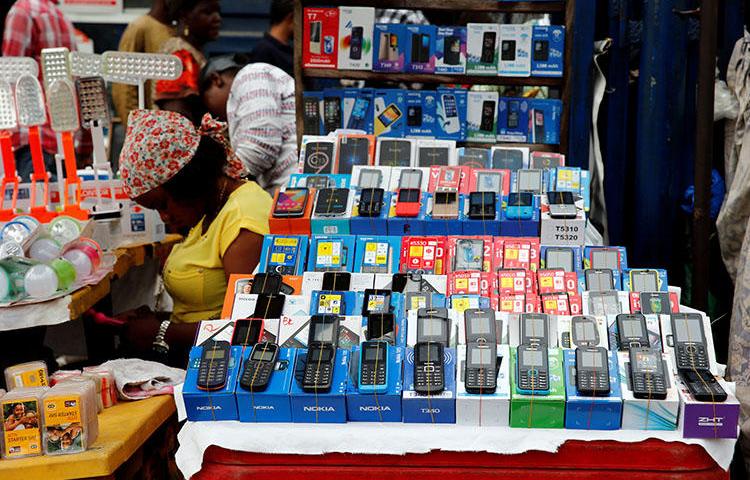
How Nigeria’s police used telecom surveillance to lure and arrest journalists
As reporters for Nigeria’s Premium Times newspaper, Samuel Ogundipe and Azeezat Adedigba told CPJ they spoke often over the phone. They had no idea that their regular conversations about work and their personal lives were creating a record of their friendship.
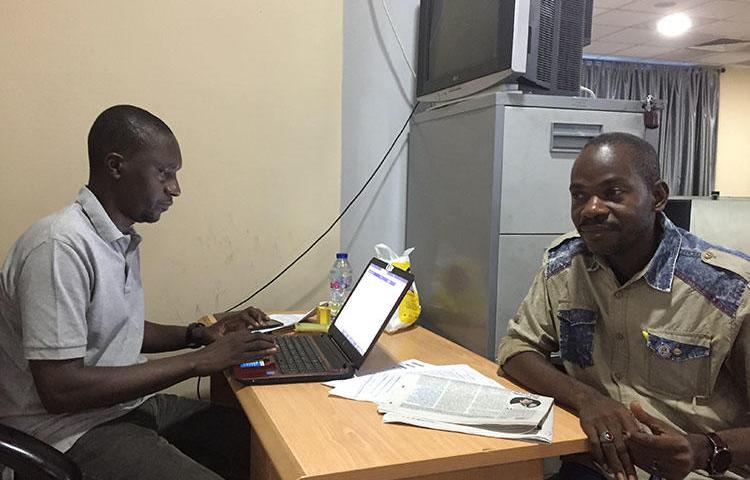
Nigerian military targeted journalists’ phones, computers with “forensic search” for sources
Hamza Idris, an editor with the Nigerian Daily Trust, was at the newspaper’s central office on January 6 when the military arrived looking for him. Soldiers with AK47s walked between the newsroom desks repeating his name, he told CPJ. It was the second raid on the paper that day; the first hit the bureau based…
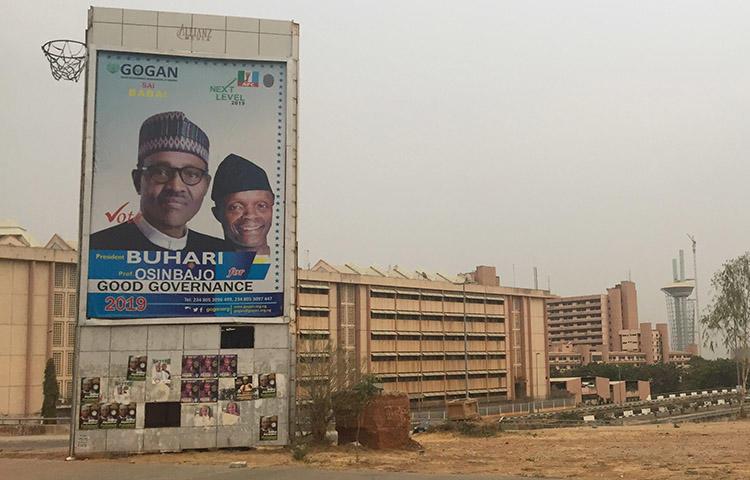
‘You cannot muzzle the media’: Nigerian journalists on press freedom under Buhari
When Nigeria’s incumbent president Muhammadu Buhari won re-election this year, he campaigned (as he did in 2015) on an image of good governance and anti-corruption. Billboards in the capital, Abuja, bore the smiling faces of the president–who first led Nigeria as military ruler from 1983-1985–and his vice-president Yemi Osinbajo, and called for voters to let…
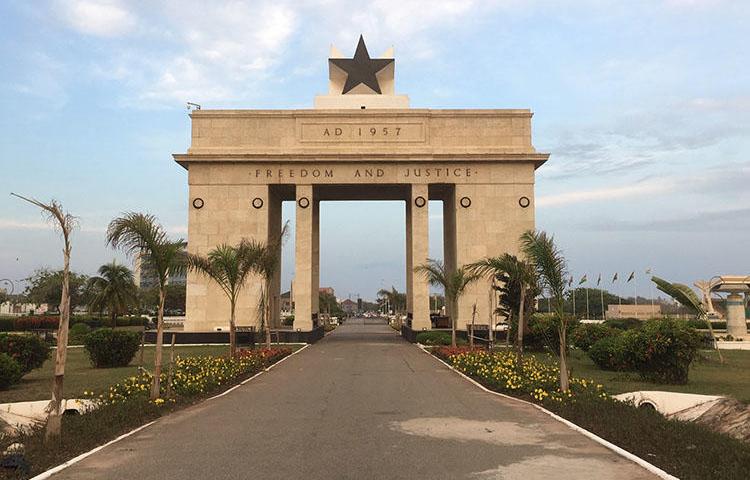
Ghana won’t have press freedom without accountability
Three bullets, fired at close range by two assassins on a black and blue Boxer motorbike on January 16, 2019, killed investigative journalist Ahmed Hussein-Suale Divela, according to Sammy Darko, a lawyer working on Divela’s case. Darko told CPJ over the phone that bystanders saw it happen. Ghana’s media community, international rights groups (including CPJ),…
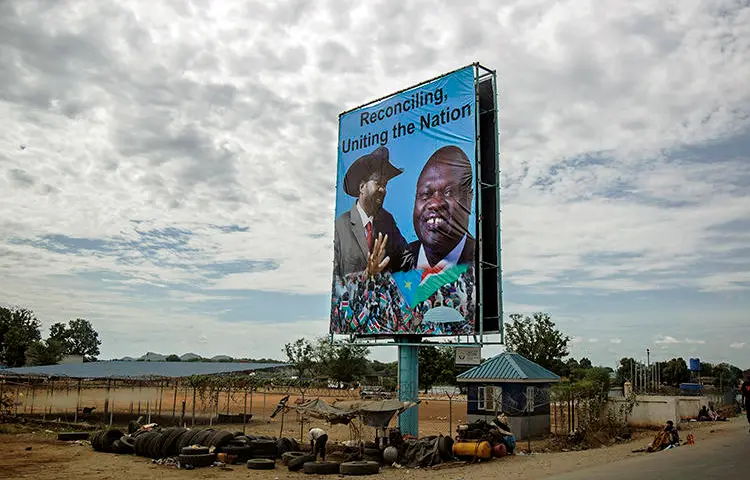
As peace talks resume South Sudan continues its assault on press freedom
A ceasefire agreement signed on December 21 between the South Sudanese government and opposition forces has revived a 2015 peace process and brought hope that the conflict will not persist into its fifth year. The agreement includes obligations to “ensure protection of media” and “[c]ease all forms of harassment of the media.” Yet, ahead of…